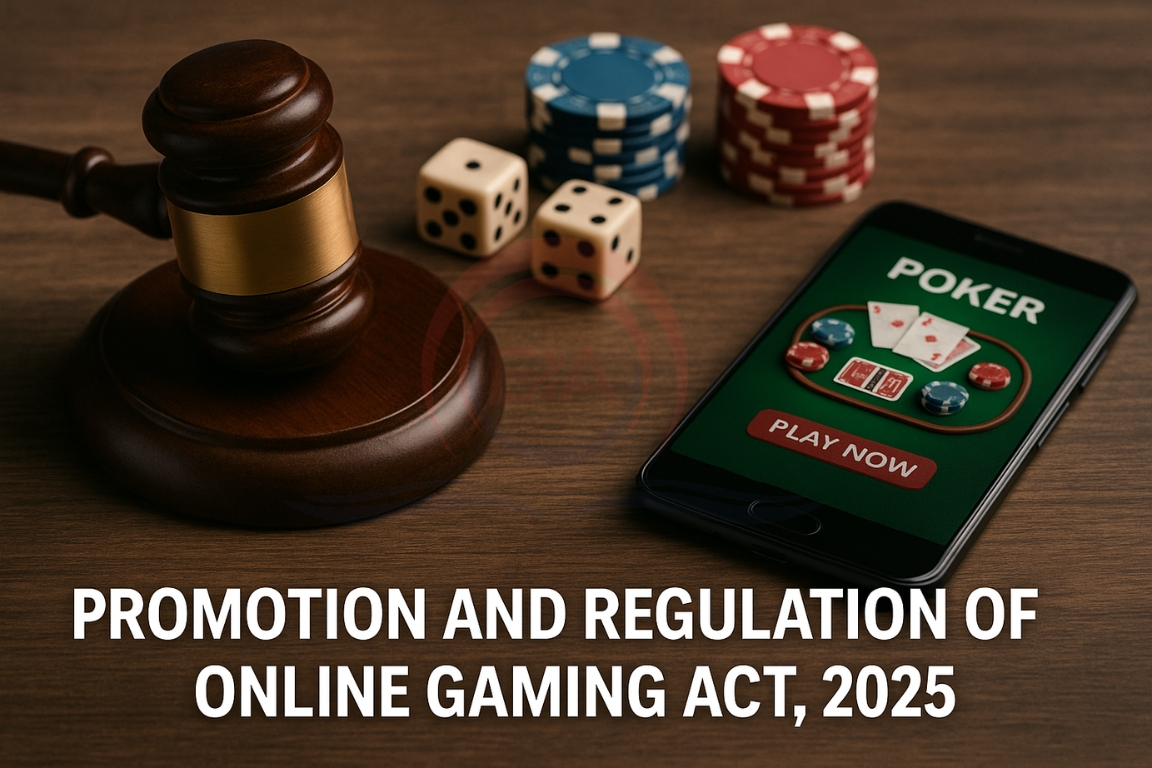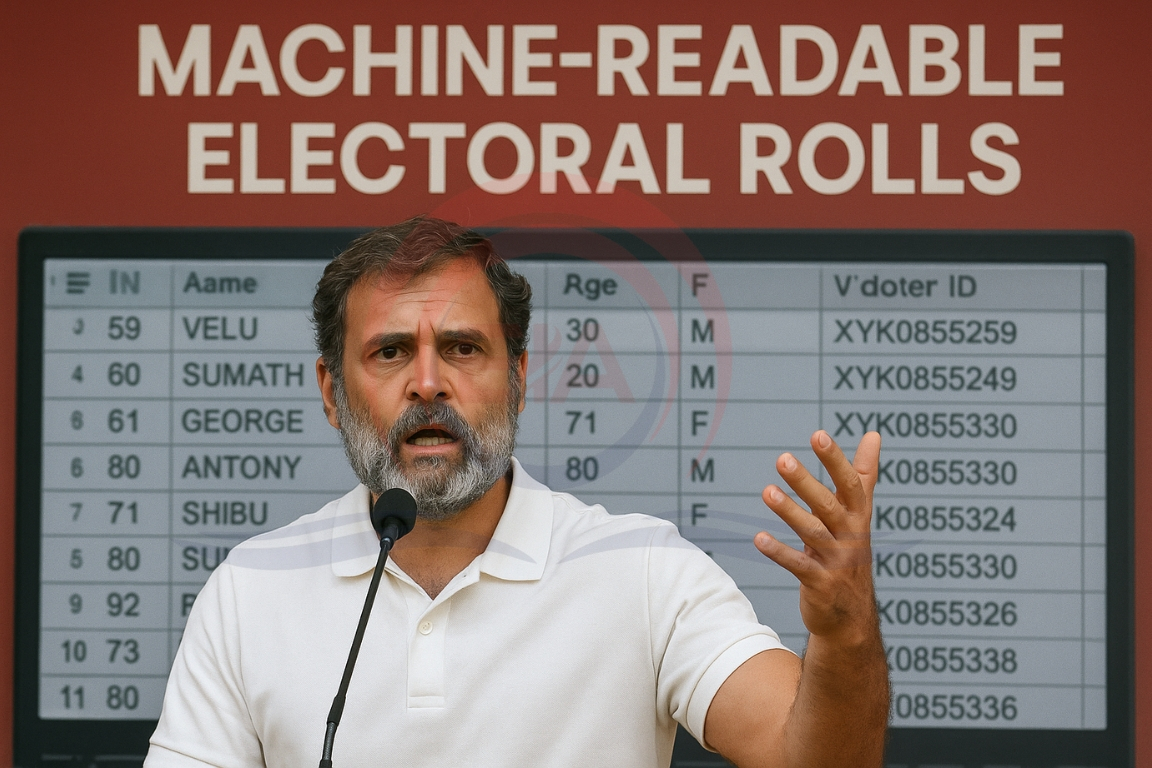The Promotion and Regulation of Online Gaming Bill, 2025 was passed by Parliament and received Presidential assent on August 22, 2025. The law bans all forms of Real Money Games (RMGs) while encouraging e-sports and social gaming.
Background
- Government data shows Indians lose nearly ₹15,000 crore every year in RMGs.
- The World Health Organization (WHO) has linked such games to addiction, financial distress, and family disruption.
- States like Telangana, Andhra Pradesh, and Tamil Nadu had already banned online gambling earlier.

Classification of Online Games
E-sports
- Competitive digital games recognised under the National Sports Governance Act, 2025.
- Involves participation fees and prize money (e.g., Call of Duty, GTA tournaments).
Social Gaming
- Games for fun, recreation, or education, not involving monetary stakes.
- Government can promote such games under Section 4 of the Act.
Real Money Games (RMGs)
- Games played with fee payments or expectation of money/stakes (coins, credits, tokens).
- Includes Poker, Rummy, Fantasy Cricket, Ludo variants.
- RMGs are now completely banned along with advertisements.
Regulation and Penalties
- Offering or enabling RMGs → Up to 3 years jail, fine of ₹1 crore, or both.
- Advertising RMGs → Up to 2 years jail, fine of ₹50 lakh, or both.
- Offences under the Act are cognisable and non-bailable (BNSS, 2023).
- CERT-IN can block apps/websites; Interpol may be involved for offshore operators.
- No penal action for individual players, only platforms/companies.
- Central government will set up a regulatory authority to register and monitor games.
Government’s Rationale
- RMGs linked to financial fraud, money laundering, tax evasion (₹30,000 crore GST evasion reported).
- Some portals accused of terror funding and defrauding Indians via Chinese apps.
- Algorithms are designed so that users never emerge net winners.
- Act seeks to protect citizens and promote fair, transparent, and safe gaming.
Supreme Court’s Role
- Entries 34 & 62 of the State List place gambling regulation under States, but the Centre has stepped in.
- SC earlier held that Rummy and Fantasy Sports involve skill, not gambling.
- Currently hearing cases on GST disputes, classification of games, and retrospective taxes.
- Critics argue the Act ignores the distinction between games of skill and chance, possibly violating Article 19(1)(g) (Right to Trade/Occupation).
Conclusion:
The Act reflects India’s effort to curb the risks of money-driven online gaming while promoting e-sports and recreational social gaming. However, with legal challenges ahead, the Supreme Court’s verdict will be crucial in determining the balance between regulation, industry survival, and constitutional rights.





